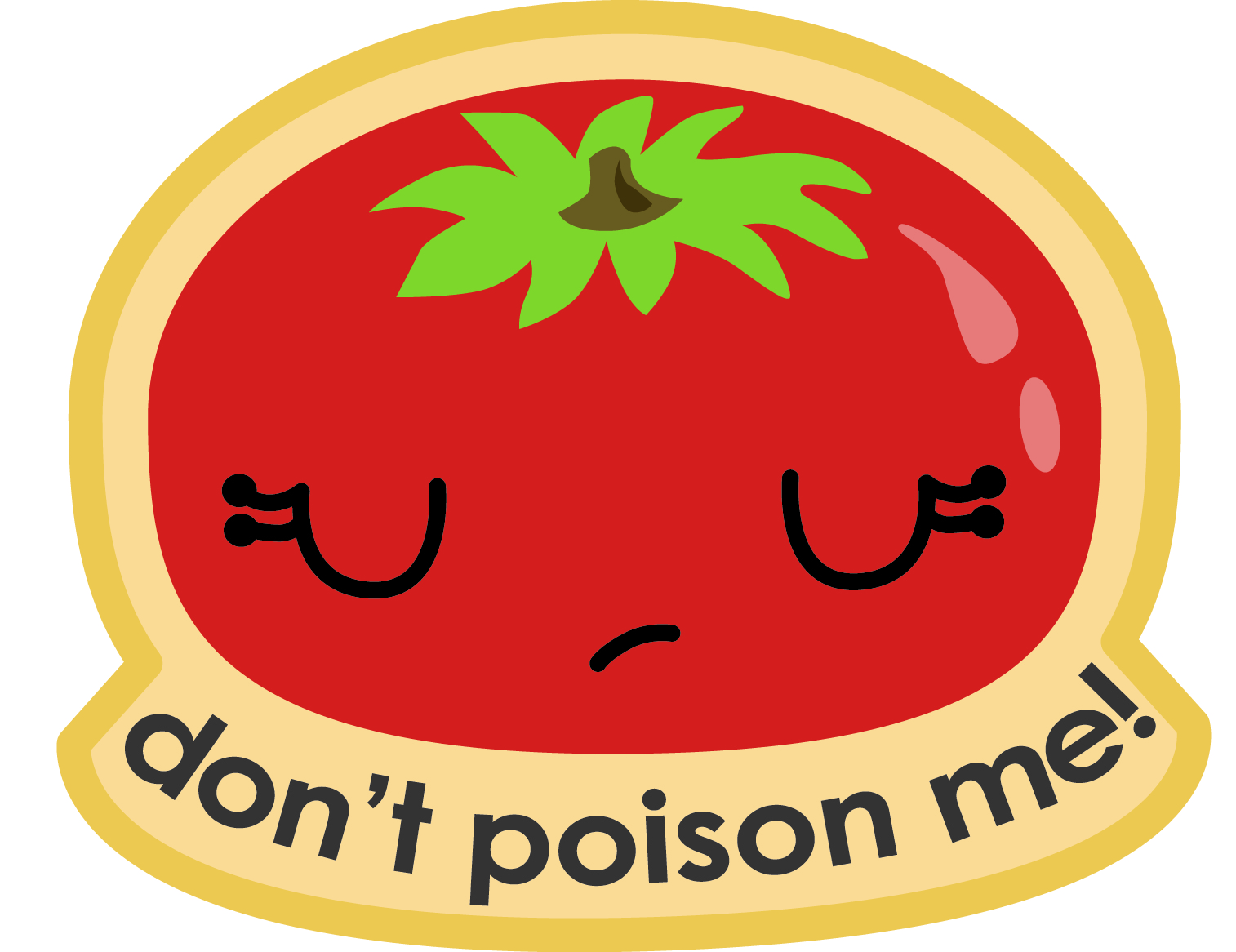Picnics, backyard grilling, camping, weddings and outdoor family reunion meals can provide a perfect environment for foodborne illnesses because the hot temperatures of summer create an ideal time for bacteria to grow. Recent foodborne illness outbreaks that resulted in hospitalizations should remind Alabamians to follow safe food preparation and storage practices.“We want to emphasize the importance of preventing foodborne illnesses that could make you and your family very ill,” Dr. Mary McIntyre, Assistant State Health Officer for Disease Control and Prevention, said. “Cross contamination of food can occur any time harmful germs, such as bacteria, viruses or parasites are transferred from one food, preparer, or surface to another. As food heats up in summer temperatures, germs multiply rapidly.” Some important food handling tips are summarized here.
Clean
· Wash hands (running water and soap for 20 seconds) before and after going to the
bathroom, changing diapers, and handling and feeding pets.
· Wash all surfaces with hot soapy water before and after preparing each food item.
· Use paper towels to clean up kitchen surfaces. If cloth towels are used, select the hot
cycle on washing machine to clean.
· Rinse all fresh fruit and vegetables, including those with skins and rinds, under running water.
· Do not wash raw poultry before cooking, because bacteria in raw poultry juices can be
spread to other foods, utensils and surfaces.
· Rub firm-skin fruits and vegetables under running water or scrub with a clean brush.
· Clean the lids of canned foods before opening.
Separate
· Avoid direct contact between raw food and ready-to-eat food during transport, storage
and preparation.
· Separate raw meat, poultry, seafood and eggs from other food in the grocery cart,
grocery bag and refrigerator. On the lowest refrigerator shelf, store raw meat to prevent
blood from dripping on other foods.
· Use one cutting board for produce and a separate board for raw meat.
· Never place cooked food on surfaces that previously touched raw meat.
· Do not reuse marinades.
Cook
· Cook food to the correct internal temperature to kill harmful germs that cause illness.
· Use a food thermometer to measure the internal temperature in various places.
· Cook ground meat and poultry to the correct temperature, not by color.
· Cook eggs until yolk and white are firm.
· When using a microwave, cover, stir and rotate food for even cooking.
· Reheat sauces, soups and gravies to a boil.
Chill
· Refrigerate or freeze meat, poultry, eggs, seafood and other perishables within 2 hours
of cooking or purchasing. Refrigerate within 1 hour if the outside temperature is above
90 degrees F.
· Do not overfill the refrigerator. Cold air must circulate to keep food safe.
· Keep refrigerator at 40 degrees F or below.
· Use an appliance thermometer to measure the inside refrigerator temperature.
· Never thaw food at room temperature. Food must be kept at a safe temperature during
thawing.
· Three safe ways to thaw food include: in the refrigerator, in cold water, and in the
microwave.
· While marinating, always store food in refrigerator.
· Divide leftovers into shallow containers for quicker cooling in the refrigerator.
· Eat or throw away refrigerated food on a regular basis and pay attention to expiration
dates.
Report: Report suspected foodborne illnesses to your local health department. Oftentimes calls from concerned citizens are the way outbreaks are first detected. Phone numbers are found at http://adph.org/administration/assets/countylist.pdf. If a public health representative contacts you to find out more about an illness you had, your cooperation is important. Representatives will provide their name and a call-back number. “Minimizing the time foods are held in the hazardous temperature zone will lessen the chance of acquiring a foodborne illness,” Ron Dawsey, deputy director of the Bureau of Environmental
Services, said. “The time-proven rule of keeping cold foods cold and hot foods hot applies.” People with a foodborne illness may have symptoms such as fever, vomiting, diarrhea (sometimes bloody), nausea, chills and abdominal cramps. People at a higher risk for developing foodborne illness, include pregnant women, young children, older adults, and people with medical conditions. By remembering to handle potentially hazardous foods properly, you can help ensure your family and guests have safe and healthful summer season.




